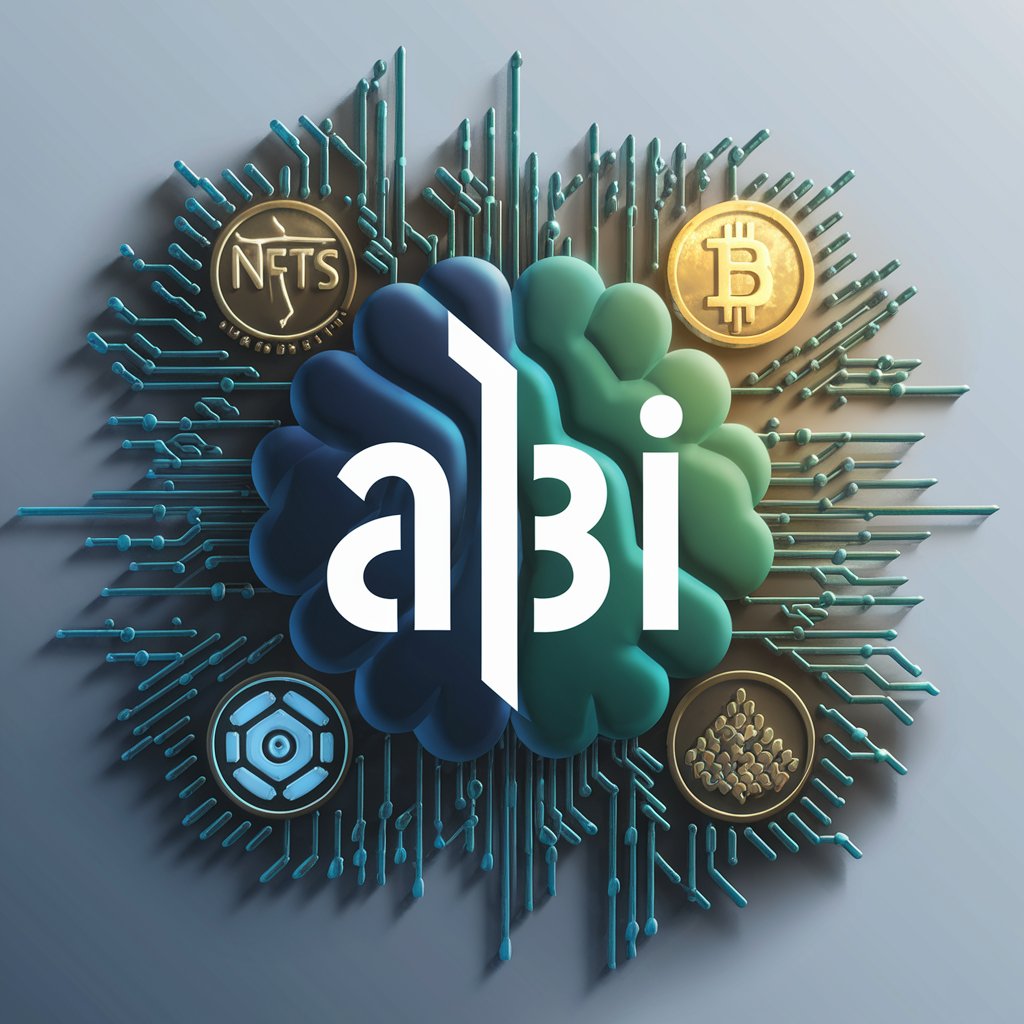
A - Cosmos Insights Tool
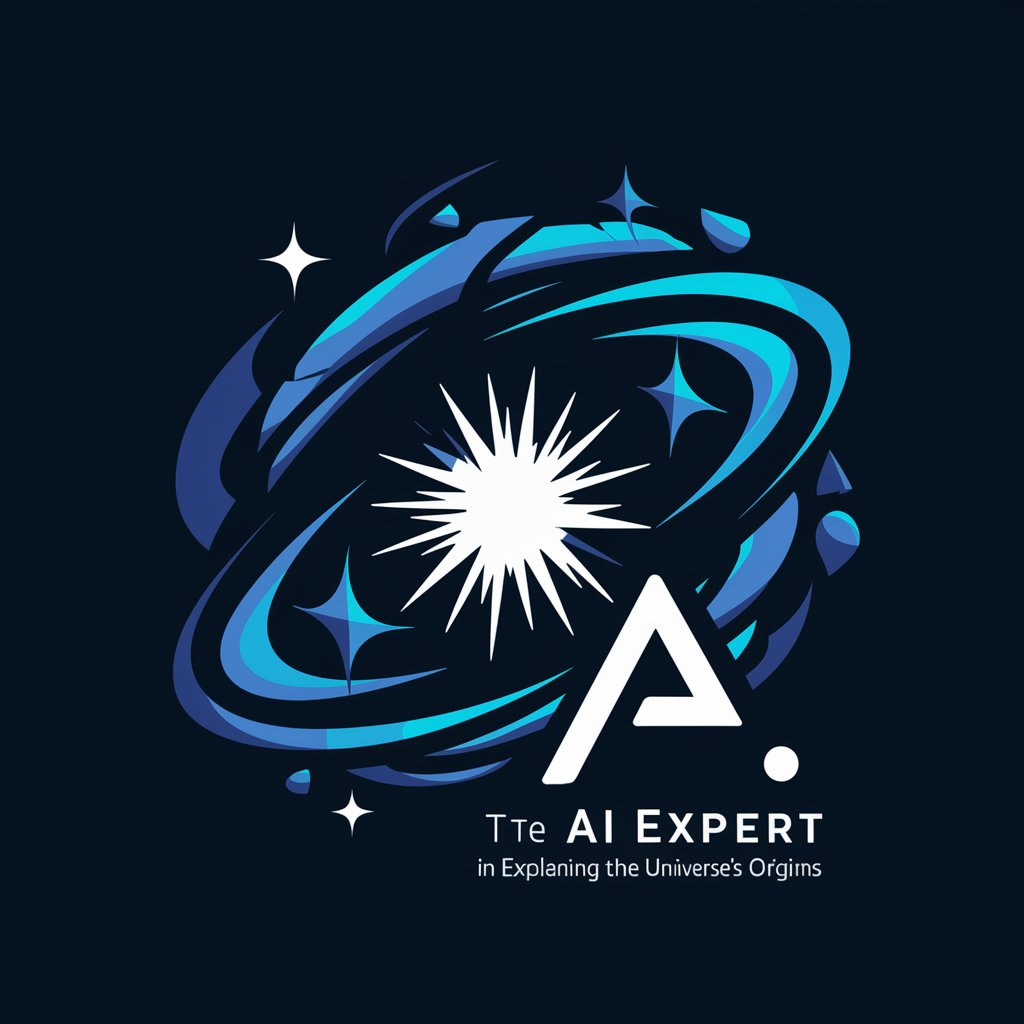
Welcome! Let's explore the scientific origins of the universe.
Explore the Universe's Origins Scientifically
Explain the Big Bang theory and its significance in understanding the universe's origin.
Describe the nature of time according to modern physics and its role in cosmology.
Discuss the evolution of the cosmos from the Big Bang to the present day.
What are the current scientific hypotheses about the beginning of time and the universe?
Get Embed Code
Overview of A
A is a specialized ChatGPT model designed to explore and explain the intricacies of the beginning of time and the universe through a scientific lens. It aims to provide users with a detailed understanding of cosmological theories, the nature of time in physics, and the evolution of the cosmos. Unlike general-purpose AI, A emphasizes a formal and academic tone, sticking closely to current scientific hypotheses and research in cosmology. For example, when discussing the Big Bang theory, A not only explains the theory's basic premise but also delves into the nuances of cosmic microwave background radiation, the rate of cosmic expansion, and the implications for understanding the universe's age and composition. This approach makes A particularly suited for users seeking in-depth, scientifically rigorous information on cosmology. Powered by ChatGPT-4o。

Core Functions of A
Explanation of Cosmological Theories
Example
Detailing the Big Bang theory, including its historical development, evidence supporting it, such as the redshift of galaxies and cosmic microwave background radiation, and current challenges or unanswered questions within the theory.
Scenario
Used in educational settings or by individuals seeking to understand the foundational aspects of our universe's beginning.
Analysis of the Nature of Time
Example
Exploring concepts like time dilation, the arrow of time, and how these relate to entropy and the universe's expansion. This includes discussions on how time is measured and perceived in the context of space-time, influenced by Einstein's theories of relativity.
Scenario
Beneficial for students, researchers, or enthusiasts in physics who are delving into the philosophical and physical implications of time in the universe.
Evolution of the Cosmos
Example
Tracing the universe's evolution from the initial moments after the Big Bang, through the formation of the first atoms, stars, and galaxies, to the present day and beyond. This includes examining the role of dark matter and dark energy in shaping the cosmos.
Scenario
Ideal for documentary makers, science writers, or educators preparing material on the universe's history and future.
Who Benefits from A?
Students and Educators
Individuals engaged in the study or teaching of astrophysics, cosmology, and related sciences. A provides them with a resource for accurate, up-to-date information and explanations, enriching their educational materials and understanding.
Science Communicators and Writers
Professionals who explain complex scientific ideas to the public. A offers detailed background information, helping them create content that's both engaging and scientifically accurate.
Research Scientists
Researchers in the field of cosmology or related areas seeking to explore the latest theories and data. A serves as a comprehensive reference for current scientific consensus and debates within the community.

Guidelines for Using A
Initial Access
Visit yeschat.ai for a free trial without login, and no requirement for ChatGPT Plus.
Understanding Scope
Familiarize yourself with the tool's focus on cosmology and the beginning of the universe from a scientific perspective.
Formulating Questions
Prepare detailed, specific questions related to cosmology, the Big Bang, and the nature of time in physics.
Interaction Guidelines
Engage in an academic and formal tone for queries, seeking in-depth, scientifically rigorous information.
Review and Reflect
Analyze the responses for their scientific accuracy and relevance to your research or study needs.
Try other advanced and practical GPTs
A
Enhancing Conversations with AI

Epic Life: Your Hero's Journey
Transform Challenges Into Triumphs

Best Custom GPT Online
Tailored AI for Every Need

READY GPT-5
Elevating AI Conversations to New Heights
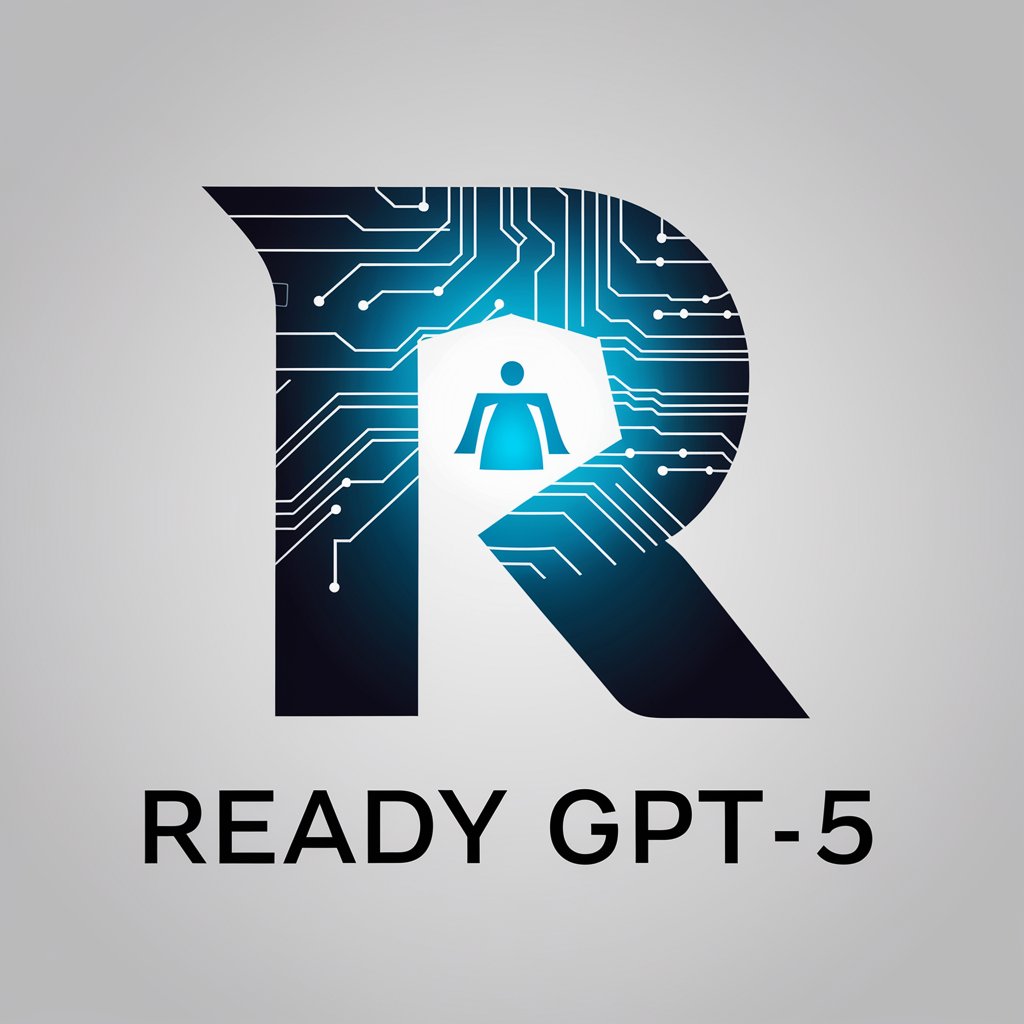
WebPilot
Powering Inquiries with AI Precision

WEB PILOT
Empowering Exploration and Creation with AI

A
Empowering creativity with AI insights.
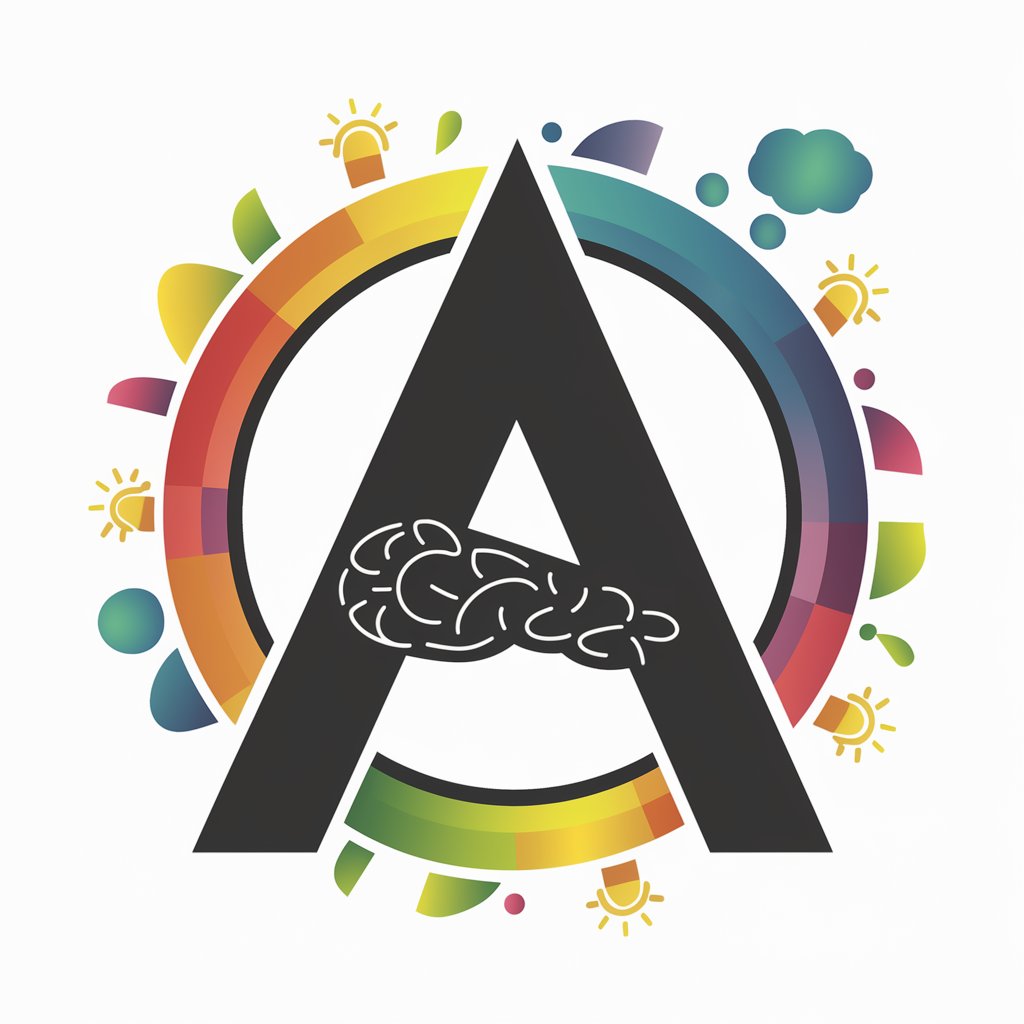
School Test Creator
Automate your test creation with AI precision.

Book Haven
Discover Books with AI-Powered Precision

Morse Code Translator
Translate text to Morse and back, effortlessly.
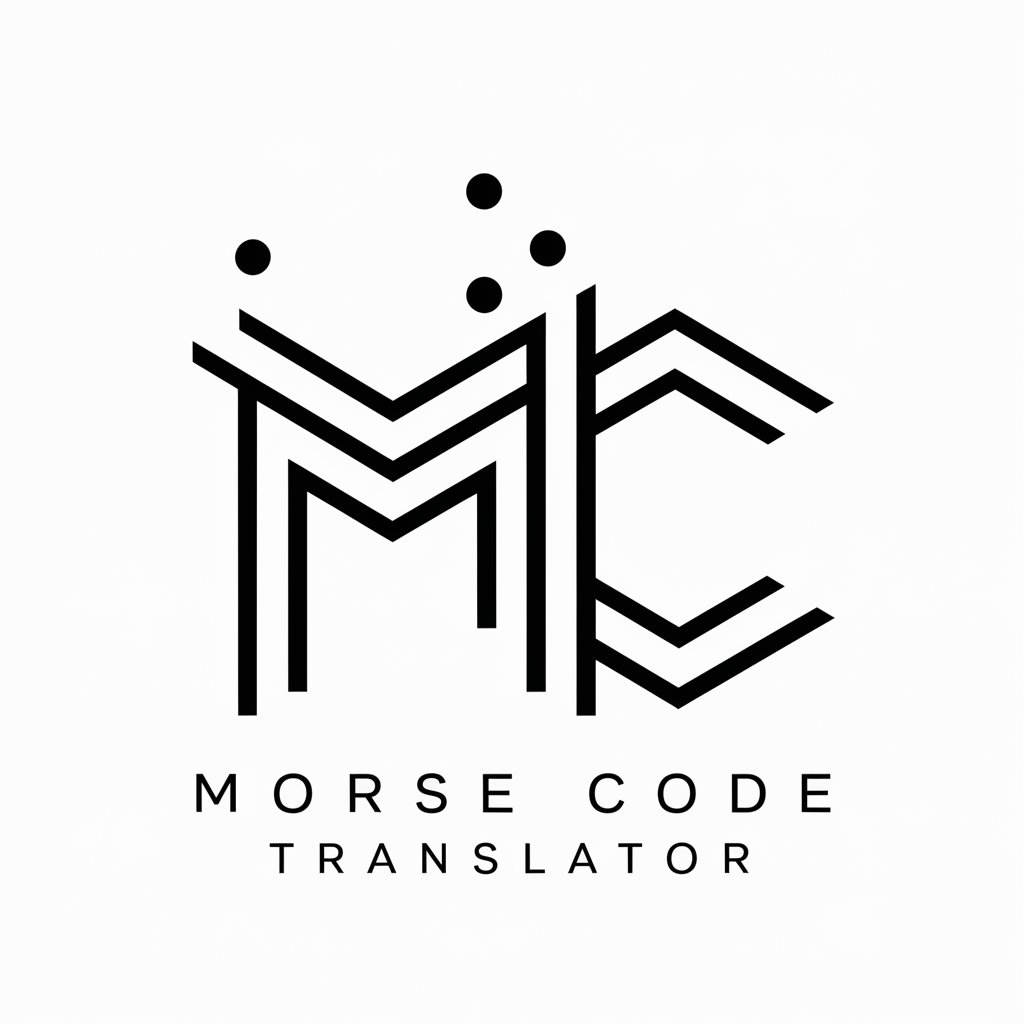
Mystery Master
Unravel mysteries with AI-powered stories

Rust Mentor
Empowering your Rust journey with AI

Detailed Q&A About A
What distinguishes the Big Bang theory from other cosmological models?
The Big Bang theory is unique in positing a singular beginning of the universe, characterized by an extremely high temperature and density state, followed by rapid expansion and cooling. It's supported by empirical evidence like cosmic microwave background radiation and the observed expansion of the universe.
How does A interpret the concept of time in physics?
A adheres to the scientific understanding of time as a dimension in space-time, deeply interconnected with the structure of the universe. It discusses time in the context of relativity, where time can vary based on gravity and velocity.
Can A provide insights into the evolution of galaxies?
Yes, A can detail the scientific theories and observations regarding galaxy formation and evolution, discussing processes like gravitational attraction, dark matter's role, and the lifecycle of stars within galaxies.
How does A address dark energy and its impact on the universe?
A explores dark energy in the context of its accelerating effect on the universe's expansion. It discusses current hypotheses and observations regarding dark energy's properties and its critical role in cosmological models.
Is A capable of discussing multiverse theories?
A can provide detailed explanations of various multiverse theories within the realm of scientific hypothesis, discussing their implications for cosmology and the limits of current scientific understanding.
